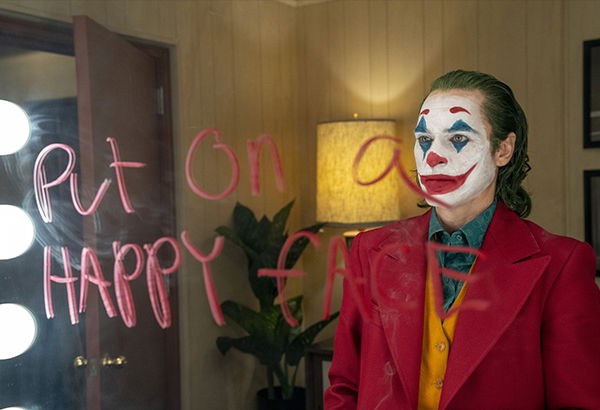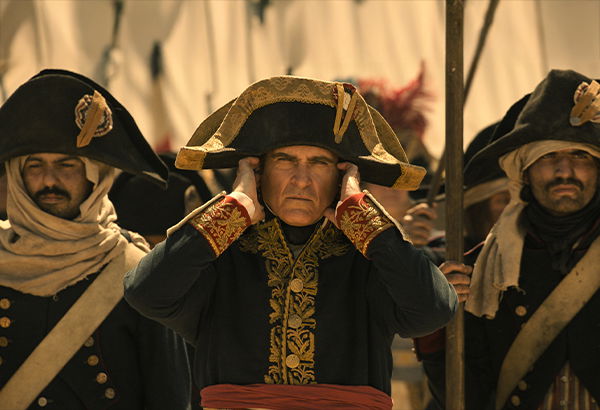
Joaquin Phoenix doesn’t just step into a role, he collapses into it, contorting, twisting, and reshaping himself until the line between actor and character disappears. Watching him work is like seeing lightning strike: unpredictable, intense, and impossible to look away from. From chaotic clowns to haunted emperors, Phoenix has a knack for making audiences squirm, laugh, and gasp, all in the same breath.
Phoenix’s turn in Joker (2019) was a cinematic earthquake. He took Arthur Fleck, a man buried under society’s weight, and transformed him into a figure who is terrifying, tragic, and heartbreakingly human. Every laugh, every tremor, every desperate reach for connection was electric, and it earned him an Academy Award for Best Actor. Audiences couldn’t forget, and neither could Gotham.
The story didn’t end there. Joker: Folie à Deux (2024) pushed the character further into chaos and dark comedy, pairing him with Lady Gaga’s Harley Quinn. Phoenix’s Arthur is now a living paradox: charming yet menacing, vulnerable yet uncontainable, a character whose every scene feels like a live wire. Seeing both films back-to-back is a lesson in how an actor can rebuild a character entirely, scene by scene, until he becomes mythic.
In Ridley Scott’s Napoleon (2023), Phoenix is both the conqueror and the boy who dreamed of conquest. He channels the ambition, obsession, and frailty of the French emperor with a precision that makes history feel immediate and alive. His Napoleon loves, fears, schemes, and burns with a relentless fire, and Scott’s sweeping battles and epic visuals turn every scene into a cinematic feast meant to be felt in the chest. On the big screen, it’s an experience you don’t just watch, you live it.

We’ve mentioned his most recent roles - here’s a snapshot of his larger oeuvre.
Joaquin Phoenix is the kind of actor who defies expectations with every role, moving seamlessly across genres while leaving an unforgettable mark. He began as a child actor in television series alongside his brother River, before taking his first big-screen steps in SpaceCamp (1986) and Parenthood (1989) under the name Leaf Phoenix. Early critical acclaim followed with supporting turns in To Die For (1995) and Quills (2000), showcasing his knack for layered, magnetic performances.
Phoenix stunned audiences as the scheming Commodus in Gladiator (2000), proving he could dominate epic historical dramas, then shifted gears to the haunting tension of horror in the M. Night Shyamalan vehicles, Signs (2002) and The Village (2004). He found musical and emotional resonance in Walk the Line (2005), capturing Johnny Cash’s soul and winning a Grammy award, a Golden Globe award, and an Academy Award nomination.
He took a contemplative detour with The Master (2012), earned praise for the intimate melancholy of Her (2013), and tackled dark satire in Inherent Vice (2014). Phoenix’s intensity reached new heights with You Were Never Really Here (2017), a Cannes-winning performance. Other recent work in C'mon C'mon (2021), and Beau Is Afraid (2023) cements his reputation: Joaquin Phoenix doesn’t just act, he inhabits worlds, shifts tones effortlessly, and makes every role feel lived-in, surprising, and unforgettable.
From the fragile menace of his Oscar-winning Joker to the towering ambition of Napoleon, to the quiet ache of Her and the raw intensity of The Master, Phoenix refuses to play it safe. Every role feels like a dare, every performance a plunge into uncharted depths.
That’s what makes him one of the most compelling actors alive today: you never quite know where he’ll take you, but you know it will stay with you long after the credits roll.